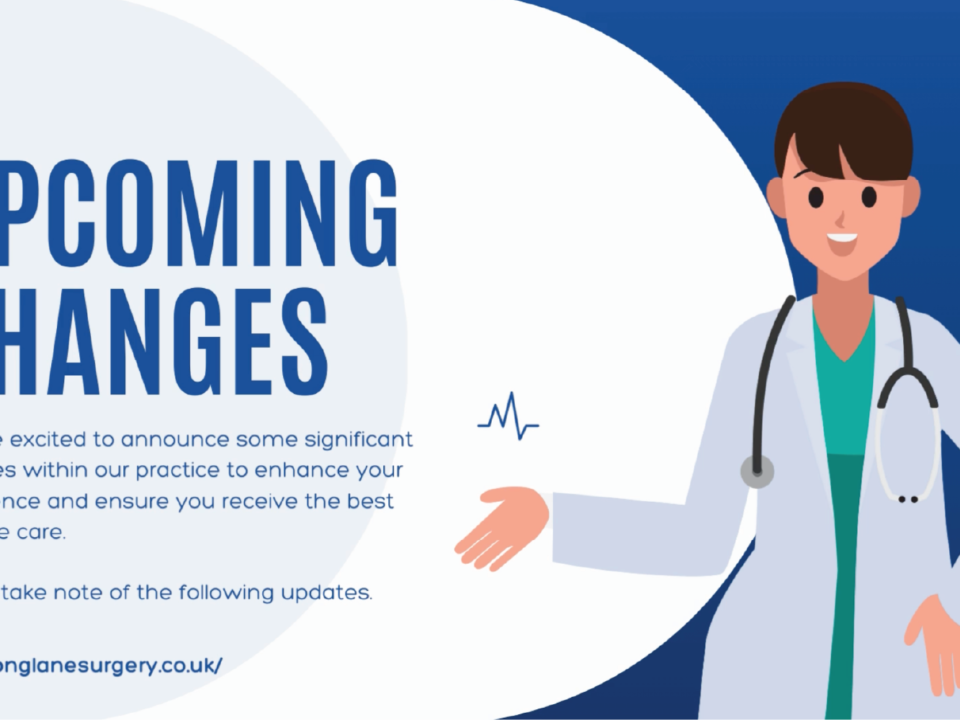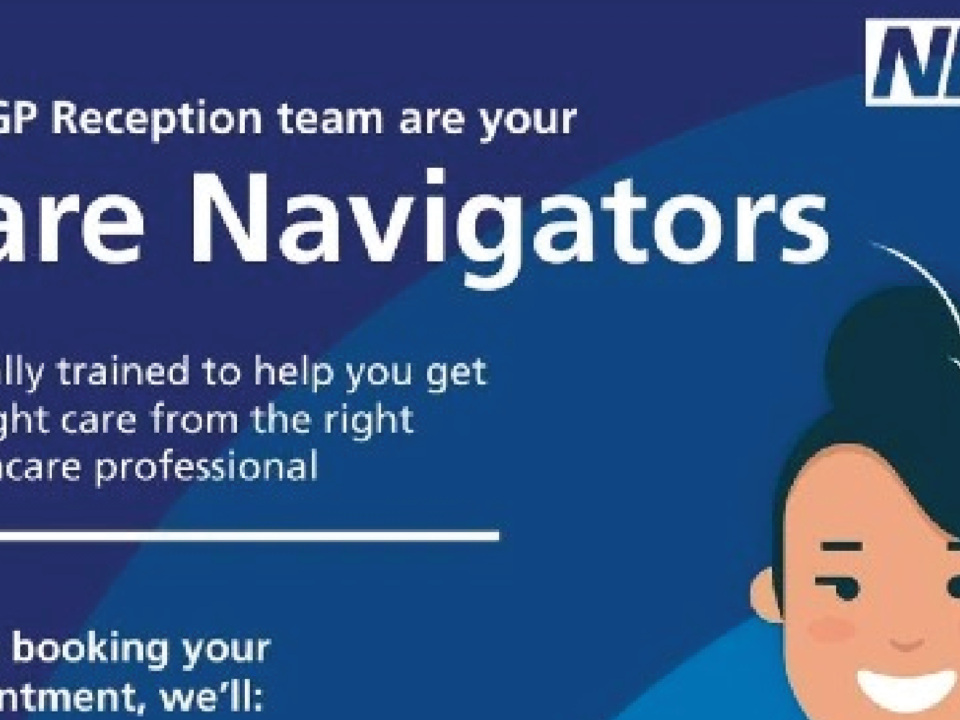
HEALTH MATTERS: Ovarian cancer: What Next?
March 15, 2022
Engage Consult – Active Times
March 27, 2022Featured In: The Coalville Times, Friday, 18th March, 2022
HEALTH MATTERS WITH DR HANNA ROBBINS
Ovarian Cancer Treatment
This month we have been talking about ovarian cancer. Just to recap:
- It’s the 6th most common cancer in women
- Survival rates are getting better all the time
- Spotting it early leads to better outcomes
Early signs include
- Feeling full quickly
- Loss of appetite
- Pain in your belly that doesn’t go away
- Bloating or noticing your belly has got larger
- Needing to wee more often
- Unexplained tiredness
- Unexplained weight loss
- Changes in your bowel habit, especially after the age of 50
These will not usually mean you have cancer, but if you notice any of these that are not normal for you, and it’s been going on for a month or more, it’s best to speak with your GP surgery.
If my GP refers me, what happens next?
It is likely that the hospital will arrange a more detailed scan to gather information. It is likely that a chest x-ray will be arranged too. Sometimes the hospital team will want to have a closer look at what’s going on, and this might need to be done while you are asleep under an anaesthetic.
What is the treatment
Treatment is slightly different for every- one. It depends on other health issues that you might have, and depends on what ex- actly is going on with the cancer. It might include:
- an operation
- chemotherapy with anti cancer drugs
- radiotherapy with high energy X-rays to kill the cancer
- special drugs that target the cancer
After treatment, the hospital team will see you every few months to check how things are going. If anything changes in be- tween, it’s important to let your GP or your specialist know. There is support every step of the way.
For more information: https://www.cancerresearchuk.org/about-cancer/ovarian-cancer

Dr Hanna Robbins
Senior GP at Long Lane Surgery




